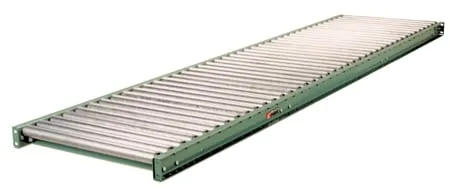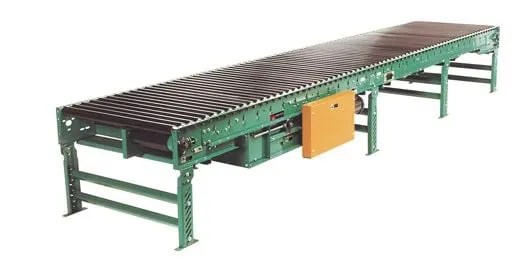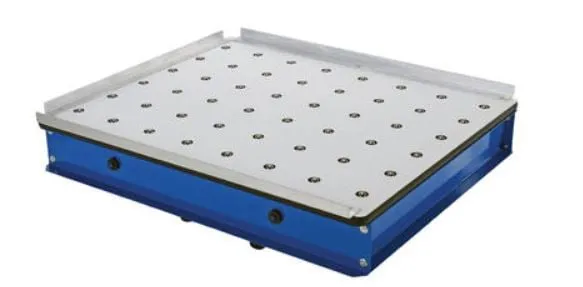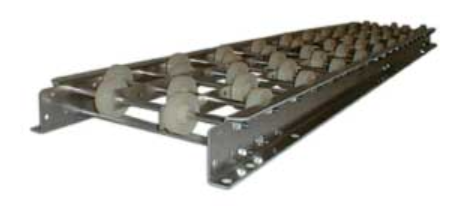Conveyors (4)
Types of Conveyors
Conveyors come in various types, each designed for specific applications and industries. Belt conveyors are the most common, utilizing continuous belts to transport materials. Roller conveyors use rollers to move goods, while screw conveyors are ideal for handling bulk materials.
Additionally, overhead conveyors and chain conveyors are employed in scenarios where floor space is limited. The versatility of conveyors makes them suitable for industries ranging from manufacturing and distribution to mining and food processing.
Efficiency and Cost Savings
One of the primary advantages of conveyor systems is their ability to enhance efficiency and reduce operational costs. Manual material handling can be time-consuming, labor-intensive, and prone to errors. Conveyors automate the process, allowing for a smooth and continuous flow of materials.
This not only speeds up production but also minimizes the risk of damage to goods, ensuring a higher level of product quality. By streamlining processes, businesses can achieve significant cost savings in terms of labor, time, and resources.
Automation and Industry 4.0
In the era of Industry 4.0, automation has become a key focus for many industries aiming to increase productivity and stay competitive. Conveyors play a pivotal role in this transition by integrating seamlessly with automated systems.
Smart conveyors equipped with sensors, RFID technology, and advanced control systems can adapt to real-time changes in production demands. This level of automation not only improves efficiency but also allows for data-driven decision-making, enabling companies to optimize their processes further.
Environmental Sustainability
Conveyors contribute to environmental sustainability by promoting energy efficiency and reducing waste. Automated systems can be programmed to optimize energy consumption, and the precise control they offer minimizes the likelihood of overproduction or excess waste.
Additionally, conveyors contribute to workplace safety by minimizing the need for manual handling of heavy or hazardous materials.
Moving modern
industry forward.
In conclusion, conveyors have emerged as indispensable tools in modern industries, offering a reliable solution to the complex challenges of material handling. Their evolution from basic systems to sophisticated, automated solutions reflects the ongoing commitment to efficiency, cost savings, and environmental sustainability.
As industries continue to embrace automation and smart technologies, conveyors will undoubtedly remain at the forefront, facilitating the seamless flow of materials and contributing to the success of businesses worldwide.
Send us a text for quick answers about your order.




